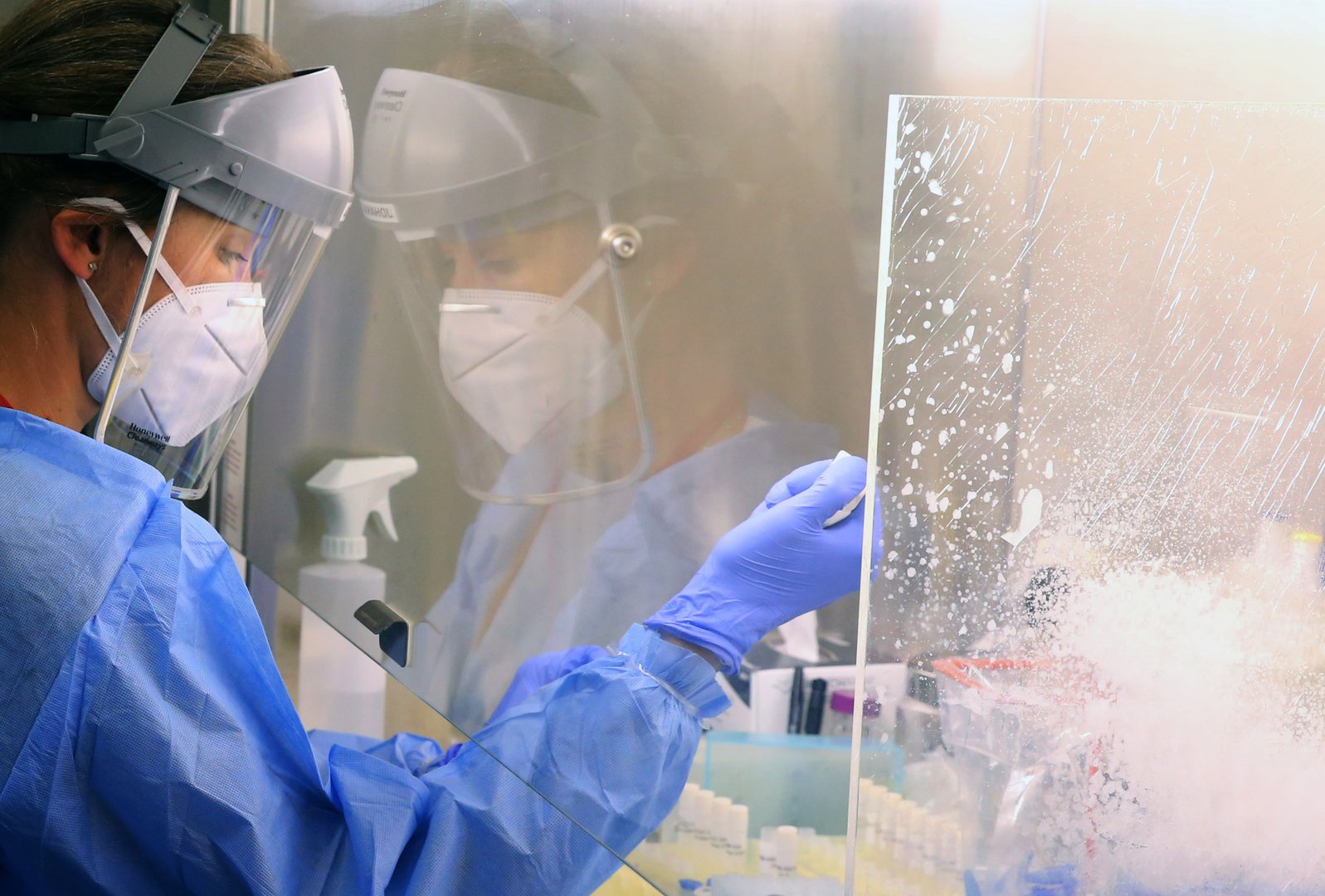Cancer vaccines will be made available in Cyprus as soon as the European Medicines Agency (EMA) approves them, director of pharmaceutical services Elena Panayiotopoulou said on Friday.
“It is only a matter of time for these [vaccines] to be approved,” she said.
Following news published internationally that large pharmaceutical companies will have vaccines against cancer ready within the next five years, Panayiotopoulou said that these vaccines may be approved even earlier than what was announced by large pharmaceutical companies, noting that as soon as they receive approval from EMA, the ministry would approve them immediately.
A few days ago, Moderna and Pfizer announced that in a few years vaccines using mRNA would be available to try and prevent cancer.
Panayiotopoulou said that the studies on these vaccines are promising due to the experience of developing the mRNA vaccine during the Covid-19 pandemic.
Commenting on the vaccines, she added that all the data about them is being evaluated, and once EMA gives the go ahead, they will be approved for use in Cyprus after being approved by the pharmaceutical services, which already participate in the EU bodies.
She said that now the clinical trials are in phase 3, that is, the effectiveness, safety and quality of these vaccines are being evaluated.
Regarding which cancers it will combat, Panayiotopoulou said that these vaccines are currently being tested to deal with various cancers, including lung and breast, while also various types of tumours.
She added that they could potentially be used to deal with neurological diseases.
The director made it clear that cancer vaccines will not be given preventively but will be given to people who have already been diagnosed.
She also said that they were targeted treatments with new technologies and not chemotherapy, which destroys cancer, but also destroys many other things, such as healthy tissues.
Responding to a question whether with the advent and administration of the specific vaccines, chemotherapy would be abolished, Panayiotopoulou said that chemotherapy would gradually become more limited.
“When you have new drugs, you don’t use the old ones. The quality and life expectancy changes,” she said.







Click here to change your cookie preferences